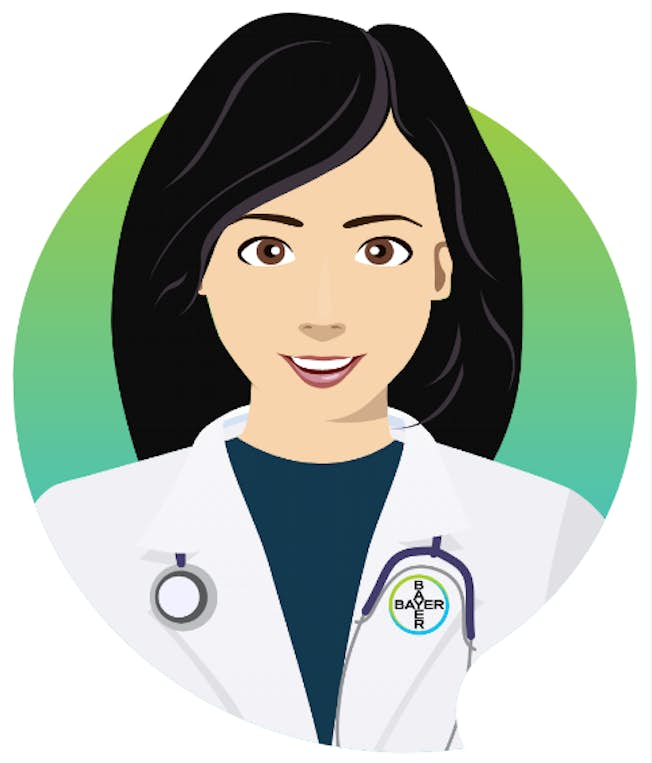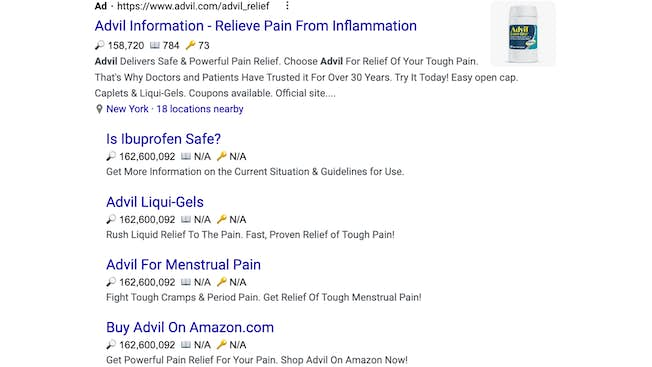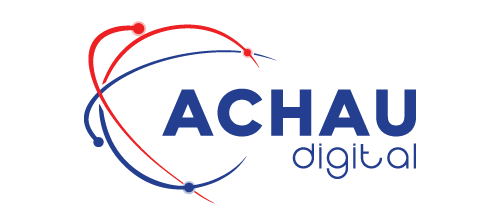Digital technologies have revolutionized the pharma industry. Marketers working in the sector need to have strong digital skills to engage customers, inform and educate healthcare providers and boost brand awareness.
In 2023, pharma companies face big challenges. In a time of rising inflation, the sector needs to use digital technologies and channels to drive innovation and personalize customer journeys. To do that successfully, they need marketers with relevant and cutting-edge digital skills.
In this blog, we look at 7 of the most important digital skills a pharma marketer needs in 2023:
- Social media
- Artificial Intelligence (AI)
- Search Engine Optimization
- Project planning and management
- Paid search and social
- Automation and email
- Data Analytics
Why do pharma companies need digital skills?
While traditionally the pharmaceutical industry was slow to adapt to new technologies, the pandemic accelerated the need for companies to use and harness digital channels.
Plus, using these technologies gives companies a competitive edge. A Deloitte study reported that 77 percent of biopharma leaders believe their organization views digital innovation as a competitive differentiator.
However, these leaders believe there are fundamental problems in achieving that which are:
- 59 percent cite dedicated funding
- 49 percent believe it requires a better digital innovation strategy
- 48 percent say it’s having the right talent in place
The healthcare ad market is expected to reach $35.01 billion by 2029, according to Data Bridge. The key factors driving the growth are an increase in the rate of digitization, particularly in developing economies, growing adoption of risk management software solutions, and an increase in the proliferation rate of smartphones
It’s obvious that companies are investing in advertising to raise awareness and promote products and that requires people with the skills to craft, plan and implement campaigns that influence an audience.
What digital skills do marketers working in pharma need?
These challenges mean that marketers need to work faster and smarter to keep up. Let’s look at the top seven skills pharma marketers need in 2023.
1) Social media
By 2025, the number of people using social media is predicted to reach over 5 billion, that’s more than half the people on the planet! With such a huge reach, it’s an important channel for pharma companies to spread awareness, share company news and promote their brand.
That’s why social media is an important skill for marketers to have as it provides a great platform for sharing information and educating the public but also drives engagement and opens up a line of communication between the brand and its audience.
Here’s an example from Johnson & Johnson’s Twitter page.
Social media is an effective way to reach and engage consumers and there are a lot of networks to consider in your strategy. So it’s important to have skilled staff that understands social media marketing so they can be active and respond to queries if required.
Increasingly, social media is becoming a customer service channel and a lot of consumers expect to get responses that way.
2) Artificial Intelligence
Companies can sometimes get scared by the concept of artificial intelligence. But AI technologies are now so sophisticated they can save time and money by taking away tasks that used to be a burden.
AI technologies can be used in a variety of ways to not only collate and segment data but gain insight into customers. The benefits of using AI in pharma marketing are:
- Personalization: AI can personalize content or messaging to specific consumers through chatbots or virtual assistants.
- Customer interaction: AI can deliver more personal and interactive experiences by using virtual assistants to help patients navigate complex health information.
- Targeting: You can use AI to examine consumer behavior and preferences to enable you to communicate the right message to the right person at the right time.
- Operational efficiency: Using AI can increase efficiency by allowing repetitive tasks to be automated, such as data analysis.
A great example of a virtual assistant is Bayer’s introduction of AMI (pronounced Amy) which can talk to physicians about prescription drugs. Bayer claims its Bayer is the first pharma to use voice technology to access medical information through Google Home and Google Assistant.

You can also use AI technologies for content creation (check out ChatGPT), creating data silos, and aiding research.
3) SEO
Search engine optimization, or SEO, is used by marketers to enhance visibility online. For pharma companies, it’s a way to get their voices heard above the noise to educate consumers about products and build trust, particularly when information is complicated or a challenge to explain.
While Google or Yahoo may be seen as search engines, they are also recommendation engines. As an industry, pharma often needs to work to educate consumers and so using SEO helps to get content to people based on their search intent.
It’s important to have SEO knowledge in-house to tailor content that provides solutions but also gets found. Things to consider are:
- Keywords
- Backlinks
- Site structure
- Google’s E-E-A-T algorithm (Experience, Expertise, Authoritativeness and Trustworthiness)
- Schema
4) Project Planning & Management
As a highly regulated industry with ethics and customer experience to consider, there’s a particular need for marketers who have great expertise in project planning and management in the pharma sector.
It’s a role that combines marketing knowledge with account management, strategy and execution skills. Organization is crucial as it requires scheduling, milestone identification, budgeting and resource management.
It requires great people skills to motivate and work as part of a team. Soft skills such as communication, collaboration, creativity, persuasion, strategic thinking, and crisis management are crucial.
5) Paid Search
Paid search is a way for pharma companies to get their product or brand to the top of the SERP (search engine results page) such as on Google or Bing.
Marketers with this specialism are in high demand as they can create planned and targeted campaigns to drive a particular goal e.g. to generate leads. It can also be used for geo-targeting and to bid on competitor’s keywords.
Paid search is unique and useful as it’s an intent-based advertising channel that allows a pharma brand to create targeted online campaigns for people whose behavior shows interest.
Here’s an example for the drug Advil on Google.

6) Marketing automation
The pharma industry lends itself to inbound and marketing automation techniques as it collects huge volumes of data and relies on technology for operations and production.
Marketing automation tools use software to automate repetitive marketing tasks such as email campaigns and workflows, CRM updates, lead scoring, sales lead rotation and SMS.
Marketers with automation expertise can help a company to save money, time and be more productive. A skilled marketer with these skills can help a pharma company to:
- Understand and optimize the healthcare professional or physician’s journey
- Deliver trigger-based messages
- Personalize content to meet the needs of consumers
- Use real-time analytics
7) Data Analytics
Data is everywhere and it’s the volume that can be difficult to contend with as a marketer. As pharma companies gather so much data, it’s crucial to understand how to use it to gain insights that can drive revenue.
The demand for data analytics jobs will grow by 23 percent between 2021 and 2031 according to the U.S Bureau of Labor Statistics, much faster than the average of 5 percent for all other industries.
Having an in-house data analyst can help pharma companies to optimize the customer and healthcare provider’s experience, understand what people are talking about online to drive targeting, analyze digital channel and campaign performance and create predictive sales models.

